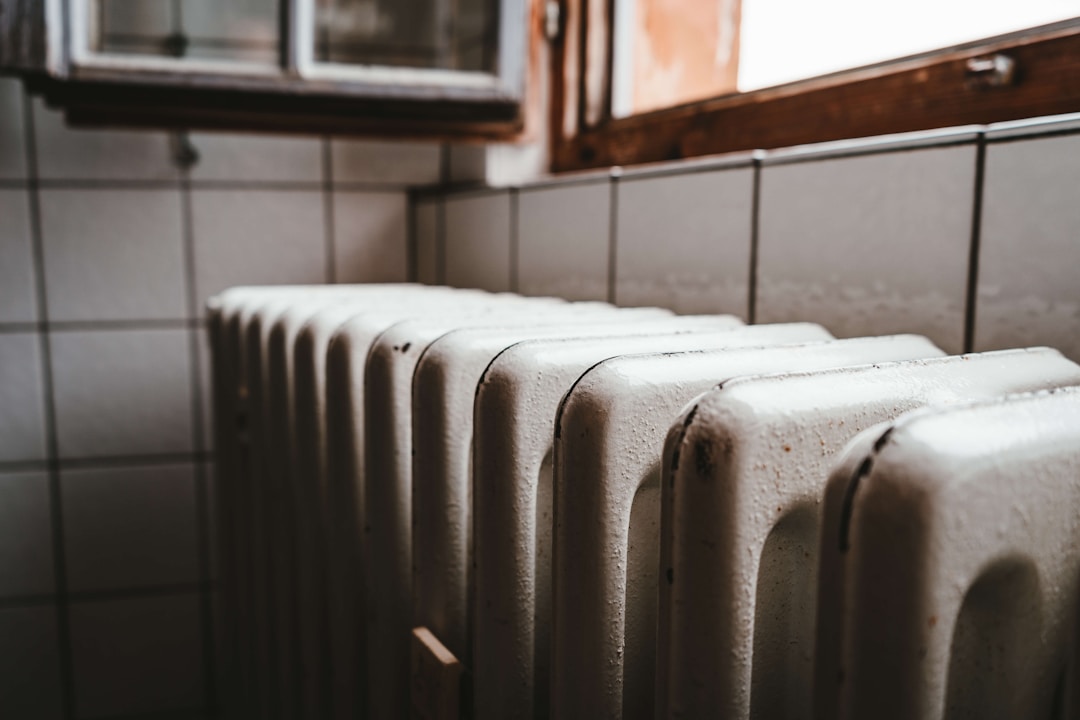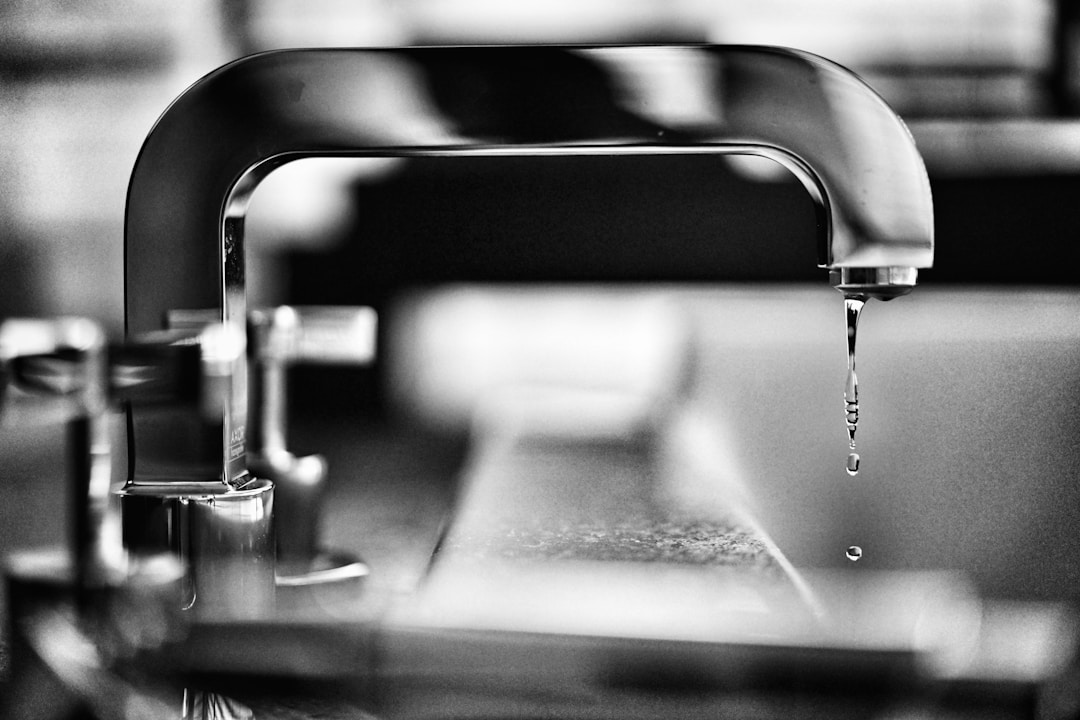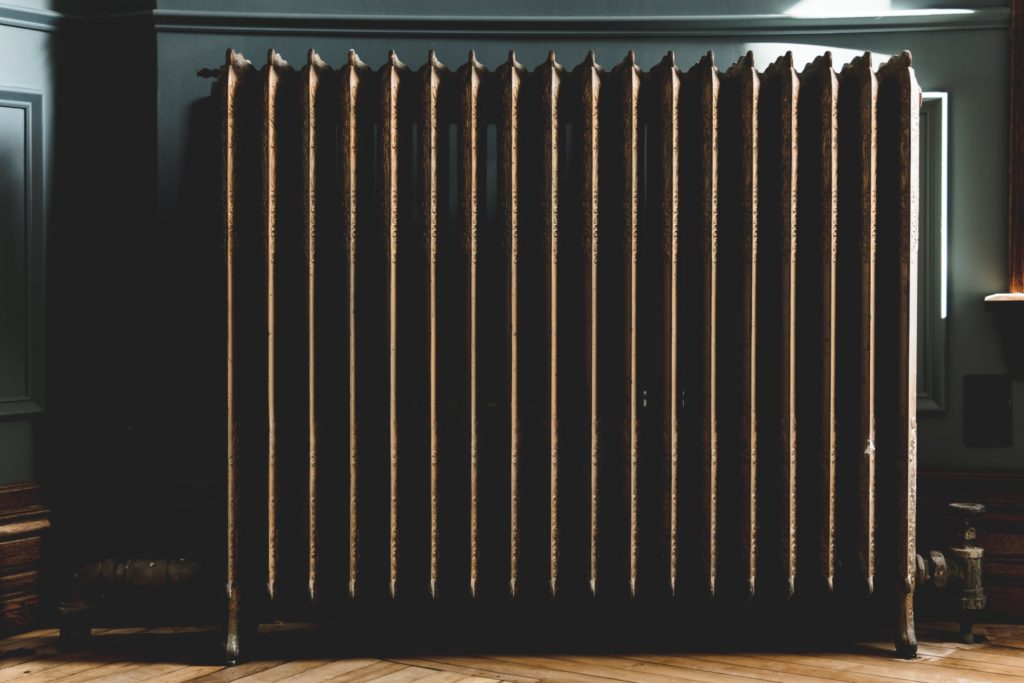For all homeowners, routine maintenance of their air system and water supply can feel like a full-time job. A faulty water heater can be incredibly expensive to repair or replace, and a broken unit can be dangerous to your family’s health and safety. Here, we’ll look at some common reasons why faulty heaters can be so unreliable, and a few scenarios that call for professional repairs from maintenance technicians.
Old Water Heaters and Deterioration

Like a furnace or other appliances in your home, the water heater can show disrepair over time. Due to natural wear and tear, faulty heaters are unreliable and costly to maintain, and they can be expensive if a full replacement is needed. As inconvenient as a faulty water heater is, there are some easy ways to extend it longevity. For example, if your heater’s function as a heating system is breaking down, you should immediately inspect the filters. A clogged filter prevents airflow, causing the heater to reach its limits.
Unfortunately, even the sturdiest water heater can become faulty after years of use. A great way to keep the heater functioning is to moderate your water consumption. It shouldn’t take much effort to convince your family to be a little more responsible with their energy efficiency; quicker showers, cold water use for laundry, and keeping an eye on the home’s thermostat should all help bring out better reliability in even the faultiest water heaters. However, If these tips don’t seem to make a difference with the water heater’s functionality, you may also have a faulty thermostat. In that case, swapping out the small unit for newer, more modern technology (such as a “smart thermostat”) won’t require nearly as much money as a new water tank.
However, before you begin pricing either new thermostat units or heaters, the most important thing to remember is that regular maintenance by an expert HVAC and heater professional is always a good idea. For minor issues, a virtual assist appointment may do, but there’s no substitute for a visit from a real technician.
Water Heater Solutions and Replacement

The sad fact is that left unchecked, a faulty water heater can become one of the largest expenses a homeowner can face. Aside from ongoing repairs, installing a completely new heater can be a drain on your bank account. Often, remote workers (such as bloggers, graphic designers, or those business owners running an online shop from home) spend all their spare time checking on the heater. Worse yet, some homeowners have to find different ways to earn extra cash for juggling water heater repair payments. Although there can be good money in such side hustles, such as working as a freelance writer in your free time or taking on high demand side gigs like data entry, the best way to cover the costs ends up being a loan or a maxed-out credit card (both of which can impact your credit score). When coupled with a mortgage and ongoing student loans, many young homeowners, quite simply, can’t afford a replacement appliance without a second part-time job for extra income.
However, if your finances permit, a quick way to save yourself from ongoing repairs is upgrading your water heater for something with more reliability. For example, consider a tankless water heater, which can provide an endless supply of hot water for the household. It also lowers the risk of spillage and, according to shoppers and focus groups, has a lifespan longer than a traditional water heater or furnace. Many companies now offer excellent customer service and good deals on your warranty for the first year. In effect, you won’t have to spend a lot of time tending to a broken unit. If you’re wondering how much money such an upgrade costs, savvy shoppers may find a tankless unit anywhere between $200 to $2,000, depending upon size and accessories. However, if it’s your first time considering an upgrade, keep in mind that a tankless solution is quickly becoming the favorite way for homeowners to save up some extra money on utilities.
For homeowners (especially full-time freelancers acting as their own boss) using their basement’s extra room for a home office, a tankless water heater also requires a much smaller amount of extra space. Likewise, less water within the unit means the chance of leakage and damaged belongings is also much lower. When coupled with less needed visits from a technician or water heater expert, this may be a good way to save a lot of money.

